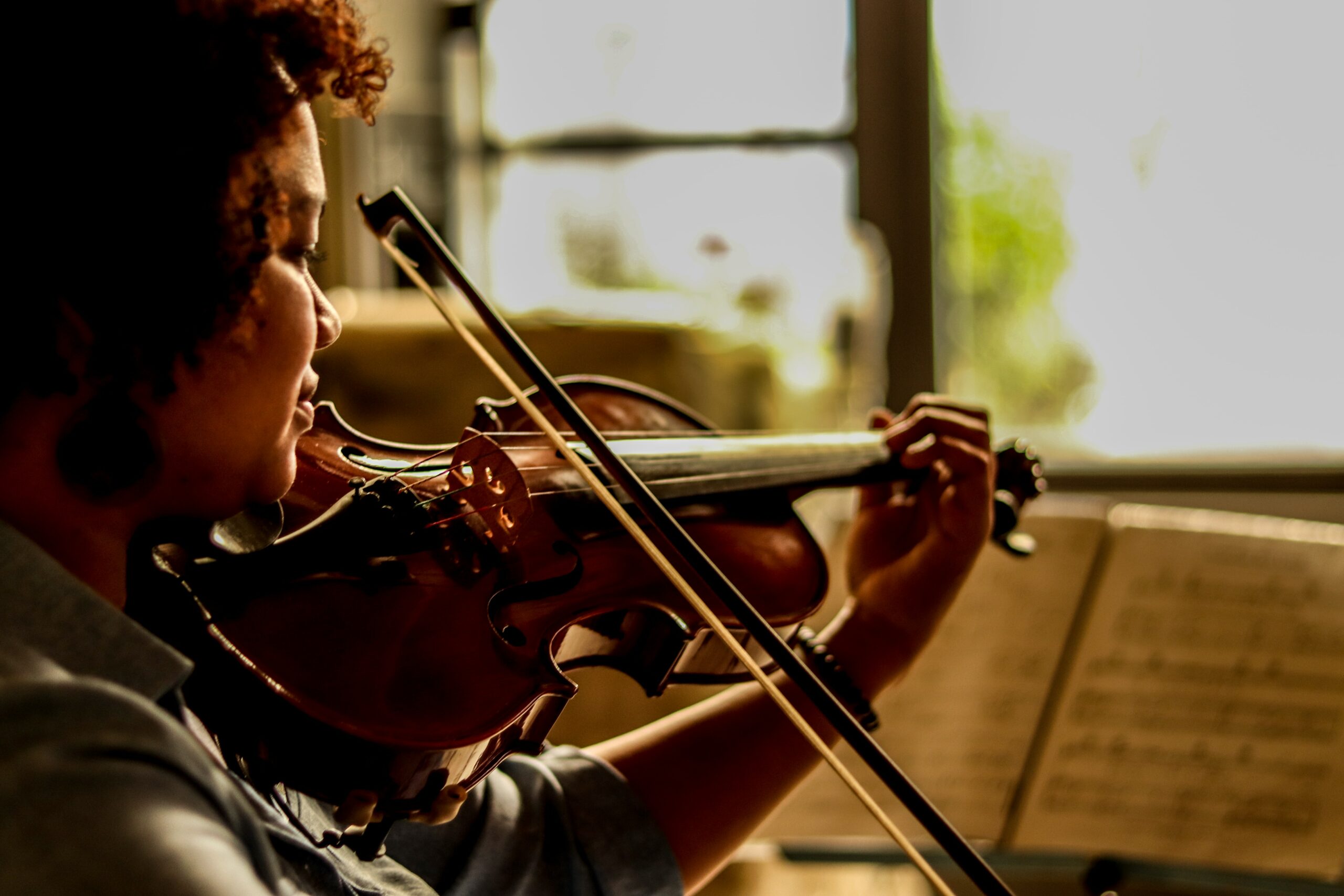Life is an incredible gift flowing from God. Everything that exists participates in and comes forth from the being of God. Participation in God’s being is what makes a thing to be alive. So, what makes humans different from other living things?
How are we similar to plants and animals?
Plants, animals, and humans each possess the most basic requirements to sustain life: the power to eat, grow, and reproduce. Animals and humans have the added powers of being able to move on their own, as well as use their senses and feel emotions. So, for example, a plant in the desert will spread its roots toward water and wilt in the heat. Animals and humans, meanwhile, experience discomfort and go toward what will satiate their needs: shade, water, and food. But a human person in the desert operates on an even more profound level — in addition to feeling the deep sorrow of loneliness, the fear of death and thoughts of what lies beyond, or the anticipation of reuniting with a loved one, he/she might also pull out a map, snap some photos, gather firewood in anticipation of the cold desert night, and pray to God for protection.
We marvel, ponder, create, adore: Only a human person can wonder at, uncover, and develop the mystery of created things through fi lm, science, and technology. Only a human person can write and perform a symphony inspired by the adventure of love or the sorrow of loss. And only a human person can look upon the beauty of creation and worship God for what He has made.
Why?
Because of all creation, only the human person is made in the image and likeness of Almighty God. Man is “the only creature on earth that God has willed for its own sake” (Gaudium et Spes, 24). Unlike animals and plants, the human person is an embodied, immortal, rational soul. We unite the spiritual and material worlds; we are spiritual animals. Thus, only the human person possesses an intellect and a will, which make us uniquely able to strive for an end that goes beyond simple survival. We have the innate desire to know God, to love Him, and to choose to follow Him into eternity.
Freedom to choose: The desire for God that is written on every human heart sets us apart because it contains within it an invitation to love. “We love because He first loved us” (1 Jn 4:19). Love is not a feeling, nor is it simply an attraction to some perceived good. Love is a choice, a participation in which we engage with the freedom of our will.
Only human persons have the capacity to love and to sin: The capacity to actually enter into God’s own love by grace is what sets humans apart and gives meaning and purpose to our lives. We are made for communion and experience freedom and peace when we choose to live in right relationship with God and others. However, we can also freely choose to sin — that is, we can choose against God and, consequently, against our true good. That’s why we human beings were the ones who crucified Jesus — not the plants or the animals. Only we could choose to act against our Creator.
His choice of us: And that’s exactly why Jesus became man, was crucified, and rose — to save us human persons from the sin and eternal death of which only we are capable. Jesus’ self-gift of love shows us that no matter what our physical or intellectual capacities are, or what mistakes we’ve made in our lives, we have dignity because we are loved, chosen, and willed by God, who made us for eternal communion with Him in heaven. The love, healing, and salvation He offers us through His Body and Blood are meant to overflow and draw the whole world to His heart.
By Sr. Beata Victoria, SV and Sr. Marie Veritas, SV. Originally printed in IMPRINT Magazine Fall 2021.

